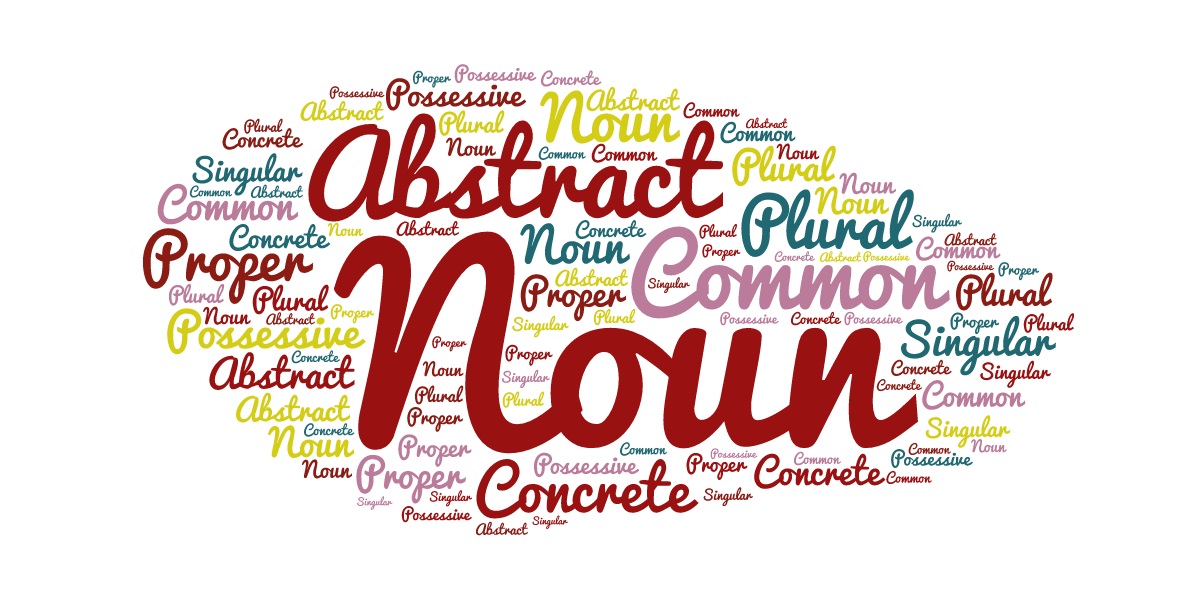
When it comes to the English language, nouns are a fundamental part of speech that we encounter every day. Whether we realize it or not, we use nouns in almost every sentence we speak or write. From people and places to objects and ideas, nouns bring life and meaning to our language.
In this article, we will delve into the world of nouns and explore 19 fascinating facts that you may not have known about these essential words. We’ll uncover interesting tidbits about different types of nouns, their functions in sentences, and even their historical origins.
So, if you’re ready to expand your knowledge of nouns, buckle up and get ready for an enlightening journey through the linguistic realm of nouns. Let’s dive in and discover the intriguing world behind these building blocks of language.
Key Takeaways:
- Nouns are the building blocks of sentences, naming people, places, things, or ideas. They give meaning and clarity to communication, making writing more impactful and engaging.
- Understanding the different types of nouns, their forms, and functions can enhance communication skills and captivate audiences. Nouns play a crucial role in storytelling, creating vivid imagery, and engaging readers or listeners.
Nouns are the building blocks of sentences.
Nouns are essential parts of speech that name people, places, things, or ideas. They provide the subject or object of a sentence and give it meaning.
There are different types of nouns.
Nouns can be classified into several categories, including common nouns (e.g., dog, city), proper nouns (e.g., John, London), abstract nouns (e.g., love, happiness), and collective nouns (e.g., team, family).
Nouns can be singular or plural.
A singular noun refers to one person, place, thing, or idea, while a plural noun refers to more than one. Plural nouns are usually formed by adding -s or -es to the singular form.
Pronouns can replace nouns.
Pronouns such as he, she, it, they, and we can be used to avoid repetition in sentences. They take the place of specific nouns and make writing or speaking more concise.
Nouns can be countable or uncountable.
Countable nouns, such as book(s) or apple(s), can be counted and have both singular and plural forms. Uncountable nouns, like water or happiness, cannot be counted and do not have plural forms.
Nouns can be concrete or abstract.
Concrete nouns represent physical objects that can be perceived by the senses, while abstract nouns represent ideas, emotions, or concepts that cannot be seen or touched.
Nouns can be subject or object.
In a sentence, a noun can act as the subject, which performs the action, or as the object, which receives the action. Understanding the role of a noun helps to establish grammatical structure.
Possessive nouns show ownership.
By adding an apostrophe and -s (‘s) to a noun, we can indicate that something belongs to someone or something. For example, “The cat’s tail” shows that the tail belongs to the cat.
Nouns can be used in different forms and tenses.
Nouns can be used as singular or plural, as well as in different verb tenses, to express various meanings and time frames. This flexibility allows for effective communication.
Nouns can function as both a subject and an object.
Some nouns, known as gerunds, can act as both a subject and an object in a sentence. For example, “Swimming is my favorite activity” (subject) and “I enjoy swimming” (object).
Nouns can be modified by adjectives.
Adjectives, words that describe or modify nouns, can provide additional information or express characteristics about the noun they modify. For instance, “a beautiful sunset” or “a delicious meal.
Nouns can be made into verbs.
Sometimes, nouns can be transformed into verbs by adding a suffix or changing the word form. This process is known as nominalization and allows for linguistic creativity and flexibility.
Compound nouns are formed by combining two or more words.
Compound nouns are created by joining two or more words together to form a new noun. Examples include “raincoat,” “basketball,” and “sunflower.
Nouns can be used in possessive phrases.
By combining a possessive noun with another noun or pronoun and an apostrophe, we can express possession or ownership. For example, “John’s car” or “the dog’s bone.
Nouns can function as the object of a preposition.
Prepositions are words that indicate relationships between other words in a sentence. Nouns can serve as the object of a preposition, such as “in the house” or “on the table.”
Nouns can be proper names.
Proper nouns are specific names given to people, places, organizations, or things. They are always capitalized, such as “Harvard University” or “Mona Lisa.
Nouns provide context and specificity in communication.
Without nouns, our language would lack the ability to convey specific people, places, or things. Nouns bring clarity and help us communicate effectively.
Nouns play a crucial role in storytelling and writing.
Whether in literature or everyday conversations, nouns are essential in constructing stories, creating vivid imagery, and engaging readers or listeners.
Nouns can be the key to search engine optimization.
The strategic use of nouns in web content and SEO optimization helps search engines understand the relevance and context of the content, increasing visibility and organic traffic to a website.
Conclusion
In conclusion, nouns play a fundamental role in the English language. They help us identify and name people, places, things, and ideas. Understanding the different types of nouns, such as proper nouns, common nouns, countable nouns, and uncountable nouns, allows us to communicate effectively and express ourselves with precision.By familiarizing ourselves with noun formation rules, such as pluralization and possessive forms, we can use nouns correctly in sentences. Additionally, recognizing the importance of subject-verb agreement when using nouns as the subject is crucial for constructing grammatically sound sentences.Learning about collective nouns, abstract nouns, and compound nouns expands our vocabulary and enables us to convey nuances in meaning. Moreover, understanding the difference between concrete and abstract nouns helps us capture the tangible and intangible aspects of the world around us. Overall, nouns act as the building blocks of language, enhancing our communication and enabling us to describe and comprehend the world. By continuing to expand our knowledge of nouns, we can deepen our understanding of the English language and become better communicators.
FAQs
Q: What is a noun?
A: A noun is a word that identifies and names a person, place, thing, or idea.
Q: What are the different types of nouns?
A: The different types of nouns include proper nouns, common nouns, countable nouns, uncountable nouns, collective nouns, abstract nouns, and compound nouns.
Q: How are plural nouns formed?
A: Plural nouns are typically formed by adding “s” or “es” to the end of the singular noun.
Q: What are possessive nouns?
A: Possessive nouns indicate ownership or possession and are formed by adding an apostrophe and “s” (‘s) to the noun.
Q: What is subject-verb agreement?
A: Subject-verb agreement refers to the grammatical rule that states the subject of a sentence must agree with the verb in terms of number (singular or plural).
Q: What is the difference between concrete and abstract nouns?
A: Concrete nouns refer to tangible objects, while abstract nouns refer to intangible concepts, feelings, or qualities.
Q: What are compound nouns?
A: Compound nouns are formed by joining two or more words together to create a single noun. Examples include “watermelon,” “laptop,” and “self-confidence.
Nouns form the backbone of our language, providing meaning and context to our communication. From proper names to abstract concepts, nouns shape our understanding of the world around us. Mastering their intricacies can help you become a more effective communicator and writer. If you found these noun facts intriguing, why not explore some more fascinating topics? Uncover surprising Google facts that will amaze you, delve into the unique characteristics of the Finnish language, or learn about the subtle differences between fiddles and violins. Each topic offers a wealth of knowledge waiting to be discovered.
Was this page helpful?
Our commitment to delivering trustworthy and engaging content is at the heart of what we do. Each fact on our site is contributed by real users like you, bringing a wealth of diverse insights and information. To ensure the highest standards of accuracy and reliability, our dedicated editors meticulously review each submission. This process guarantees that the facts we share are not only fascinating but also credible. Trust in our commitment to quality and authenticity as you explore and learn with us.


